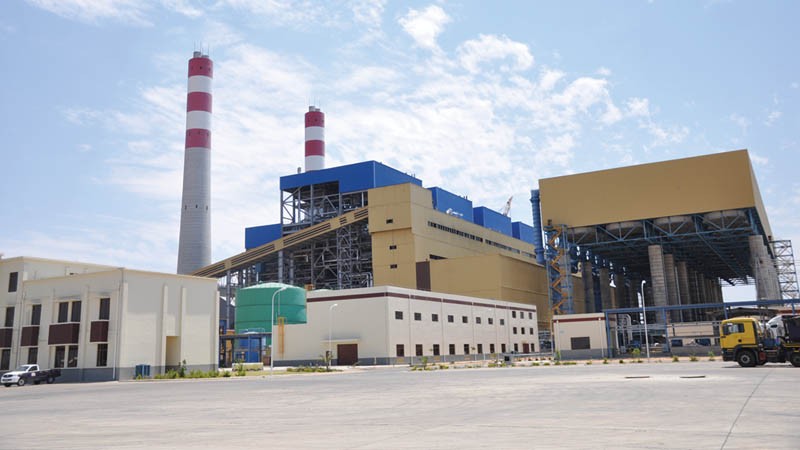Chinese diplomat rebukes Morupule B contractor
Oarabile Mosikare | Friday July 14, 2017 15:48


Ambassador Lin Songtian revealed this during Botswana Friendship Delegation visit to China last week. Lin is the secretary general of the Chinese Follow-up Committee on Forum on China-Africa Cooperation or FOCAC. Speaking about Morupule B project without mentioning its name, Lin said it was not fair for Botswana to pay US$1 billion (P10 billion) for nothing.
In order to improve the country’s power supply, the government of Botswana signed an agreement worth close to US$1 billion (P10 billion) with a Chinese company for the construction of the Morupule B project in November 2008. The then Ministry of Minerals, Energy and Water Resources announced the signing of the contract between the Botswana Power Corporation on one hand, and China National Electric Equipment Corporation and Shenyang Blower Works Electro-Mechanics Import and Export Co. Ltd (the CNEEC-SBW Consortium) on the other, for the development of the Morupule B Power Station.
The construction of the Morupule B was to be done at a cost of US$970 million over a period of 42 months. Addressing Botswana journalists and academics in Beijing last week, Lin said he called the China National Electric Equipment Corporation (CNEEC) and reprimanded them. “It is not fair for Botswana to pay US1 billion for nothing. I told them to do another project to show to the Botswana President and the people that we have the capacity.
“I wrote one letter to inform all authorities and financial institutions that this company did something bad in Botswana and because of this project, the people of Botswana are not happy about China,” Lin said. He added that if CNEEC did not do the right thing about the Morupule B project, no financial institution should extend its support.
“I’m very happy that after a strong supervision, I have been informed that the station has been in full operation after one year. That company nearly destroyed the cooperation foundation and mutual trust between our people. That was a contractor problem and had nothing to do with the Chinese government.”
